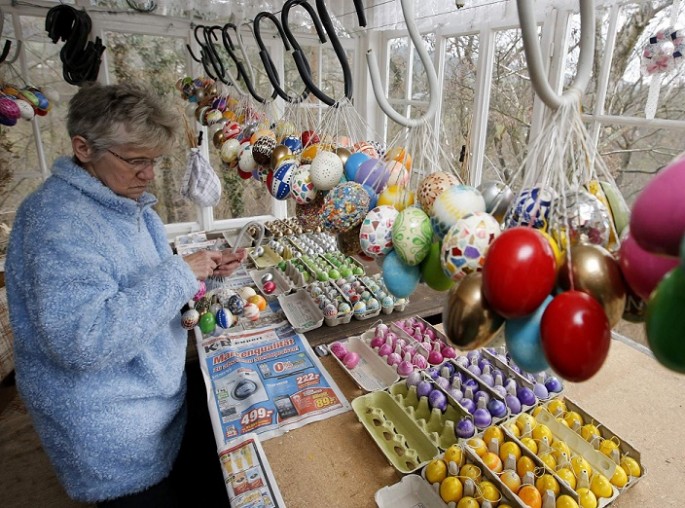This year's frigid United States winter, rising exports, and the protein megatrend are causing soaring record-breaking costs for Easter eggs. The cold weather has encouraged customers to cook up eggs for a hot breakfast.
Some regions in the U.S. experienced their coldest February in decades, including the Northeast's most freezing weather since 1934. Over 800 temperature records were broken throughout the country.
U.S. egg exports have also been increasing. The government projects that 405 million transactions will occur in 2015. Demands are increasing in Canada and Mexico due to the effects of avian influenza on chicken populations.
The ultra-cold weather and rising exports have made it difficult for egg farmers to meet consumers' demands. As a result, wholesale U.S. prices have hit their highest mark since 1858.
Kevin Burkum, vice president of American Egg Board, explains that another factor driving the increased egg demand is the "protein mega-trend." This has made eggs "hot," according to Financial Post.
It is common for U.S. egg prices to increase heading into the Easter weekend, due to extra baking and egg-decorating. The USDA (U.S. Department of Agriculture) projects that Americans will eat 6.3 billion eggs in the month leading up to Easter Sunday. That is about 20 eggs per person.
Wholesale egg prices hit $1.85 a dozen on March 26. That is a 46 percent increase since 2014, and double the cost five years ago.
However, the Easter spike in egg prices could be short-lived, as egg farmers boost their hen flocks and feed them low-cost grains. The USDA projects that egg outputs will actually increase 1.1 percent to 8.4 billion collections--the highest figure since 1982, according to Post Pioneer.
For now, many Americans are still willing to pay the higher egg prices. One owner of a Chicago French restaurant explained that due to the Easter season, they "have to" use eggs.



























